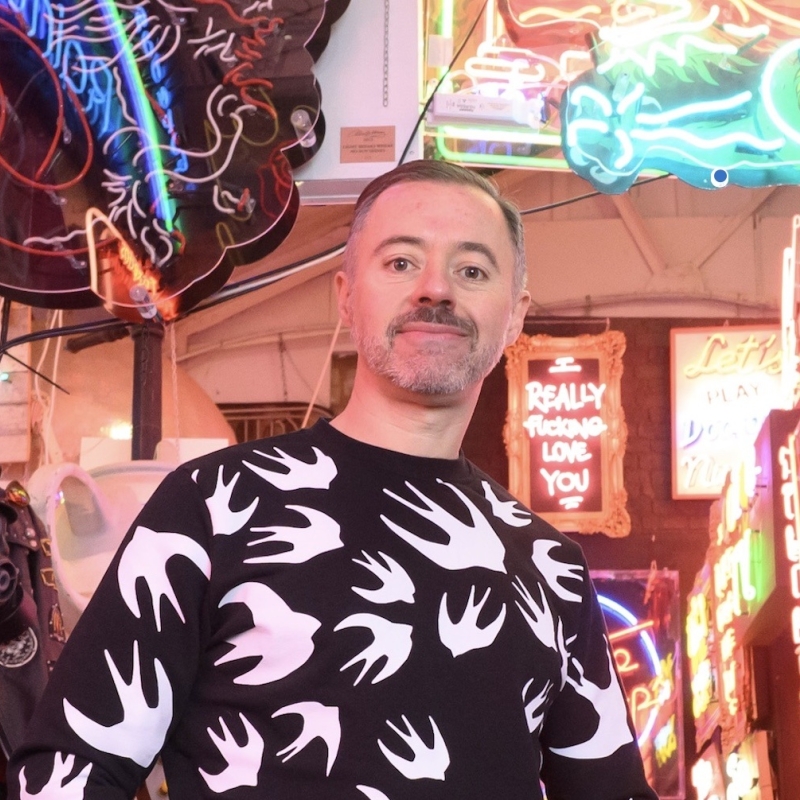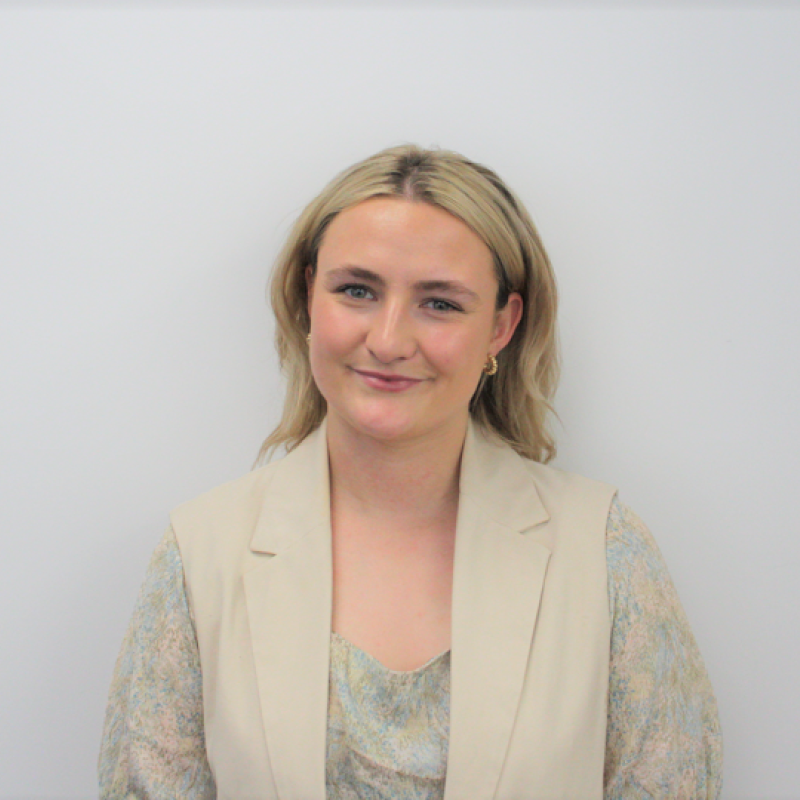In May of this year, Gerry del Guercio and Paul Delaney — who run the food vlog Bite Twice — were asked to leave London's top foodie destination, Borough Market for filming a Humble Crumble review.
The story, which was initially broken by The Times earlier this week, has been circulated far and wide; prompting many to ask if content creators are being given the boot.
Borough Market, which has reportedly always had a filming policy that requires permits and asks for it to be outside of busy periods, has denied a complete clampdown on content creators.
It confirmed in a statement that it will need to "alleviate the congestion" around popular sites and "occasionally means we ask food reviewers to stop filming if they are causing congestion or haven't got the relevant permission".
While the Borough Market story may be a small media storm in a teacup, could the potential for content creators requiring permits become a PR problem?
Authenticity and originality could go out of the window
Chris Stevenson, founder and CCO at Pink Neon: “Denying freedom for influencers to capture and share content is not only looking a gift horse in the mouth but shoving your whole head inside it.
"The Borough market traders opposing arguments are undoubtedly wholesale of the relationships brands and businesses have with influencers. Generally great and then obviously some exceptions to the rule, but that goes both ways.
"If [hypothetically] a destination like Borough Market opted for a filming ban, which it has denied, and influencers could no longer film, I would give it three months before it felt the impact, traders revolted and they it reverted back to more freedom to film.
"Popularity, awareness and footfall talks and when that goes, the money walks. If filming permissions became more of a mandate for influencers I think it would be very hard to enforce, intrepid and inventive influencers would find a work around and it would sanitise and constrain the creativity of content that makes citizen journalism so enjoyable, authentic and commercially impactful.
"With constraints and restrictions like filming permissions, authenticity and originality of influencer content goes out of the window and with it, eyeballs."
Immediacy could suffer
Bethany Robinson, account director at The PHA Group: “The news highlights the growing tension between content creation and public spaces and could mark a shift in how reactive influencer activity is managed moving forward.
“One of the biggest advantages of social-led marketing is its immediacy — influencers can react to trends, review venues, and post within hours, often driving the kind of virality that traditional media can’t replicate.
"If influencers are now required to seek permission before filming in markets or restaurants, that spontaneity could be lost, slowing down a process that thrives on speed and authenticity.
“It’s also important to consider the difference between paid and organic content. Much of the food and lifestyle content shared at markets like Borough is unpaid, with creators offering genuine reviews for their audiences. If licensing or permissions make filming more difficult, many may only do so for paid work — leading to more polished but less authentic content that risks alienating followers.
“While PR teams are used to navigating permissions, this will be a new adjustment for influencers. The challenge will be finding a balance between respecting businesses and maintaining the organic creativity that keeps influencer marketing engaging and effective.”
Being mindful without 'minding'
Emma Parrish, business director at Kindred: “It all comes down to good communication and briefing. It’s the PR’s responsibility to ensure both the talent and the client have a good experience; and that does mean setting expectations on both sides.
"If a PR is organising an influencer visit, then it is their responsibility to outline any restrictions, not just be a yes man bending to the talent's whims.
"With our influencer work where filming is happening on location, we check up front about who’s attending with what equipment, we manage that with the venue, and we provide a clear brief in advance that covers timings, filming restrictions or any additional access we’ve secured, dos and don’ts, and what to expect on the day.
"However, I don’t think this should go as far as telling influencers how to behave, or to mind their Ps and Qs. We’re comms professionals, not babysitters. And the vast majority of influencers we've worked with are respectful, courteous professionals who don't need to be told how to behave anyway.”
PR Masterclass: The Intersection of PR and GEO
Wednesday 25th February, both virtual and in person tickets are available.
PR MasterclassIf you enjoyed this article, sign up for free to our twice weekly editorial alert.
We have six email alerts in total - covering ESG, internal comms, PR jobs and events. Enter your email address below to find out more:









